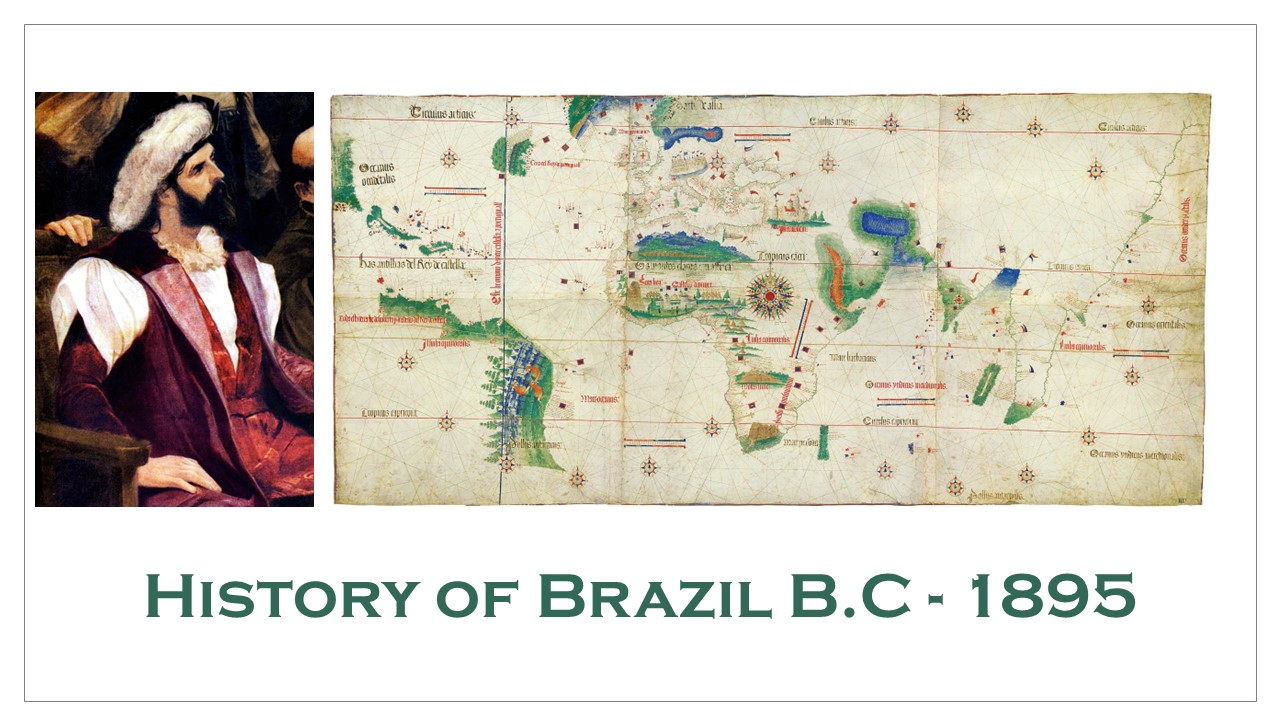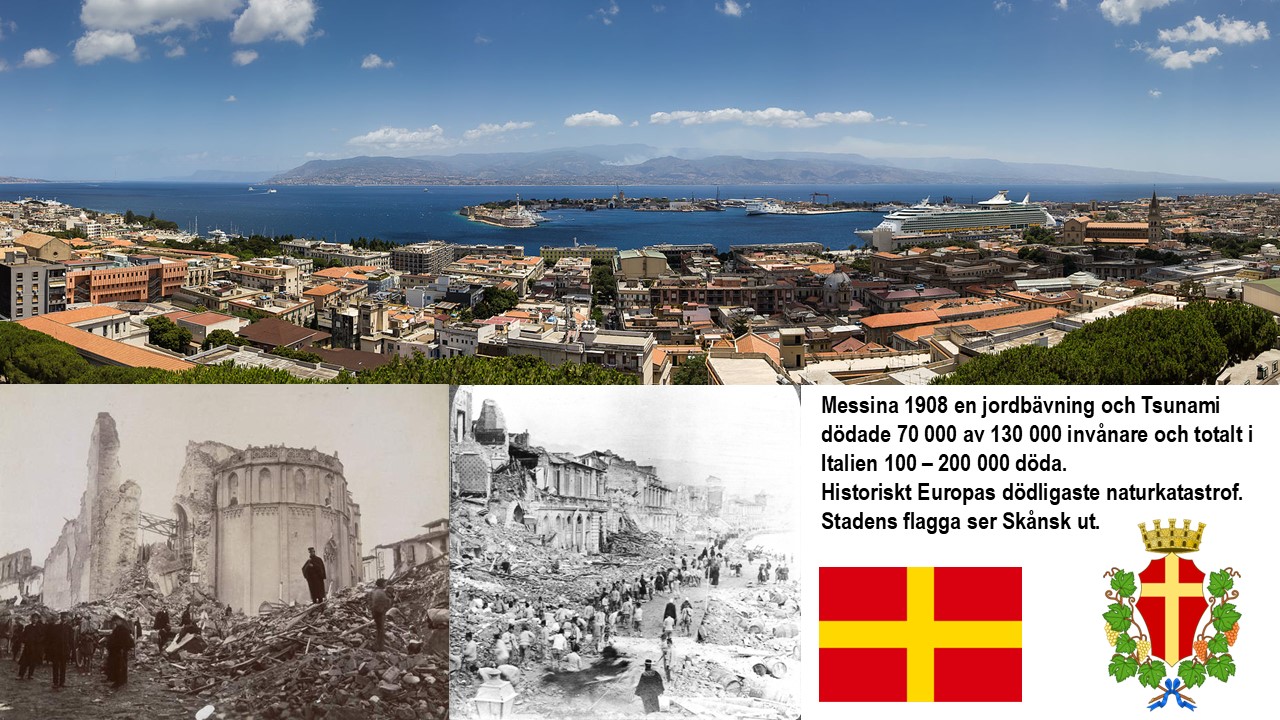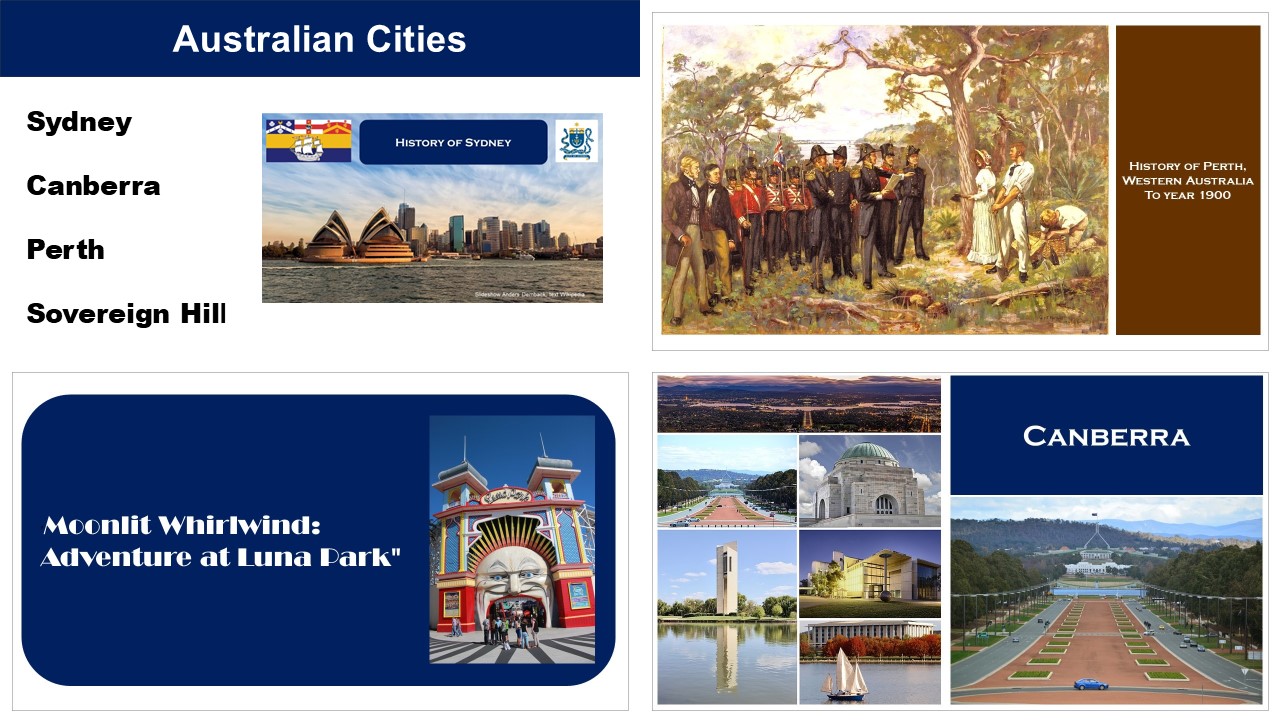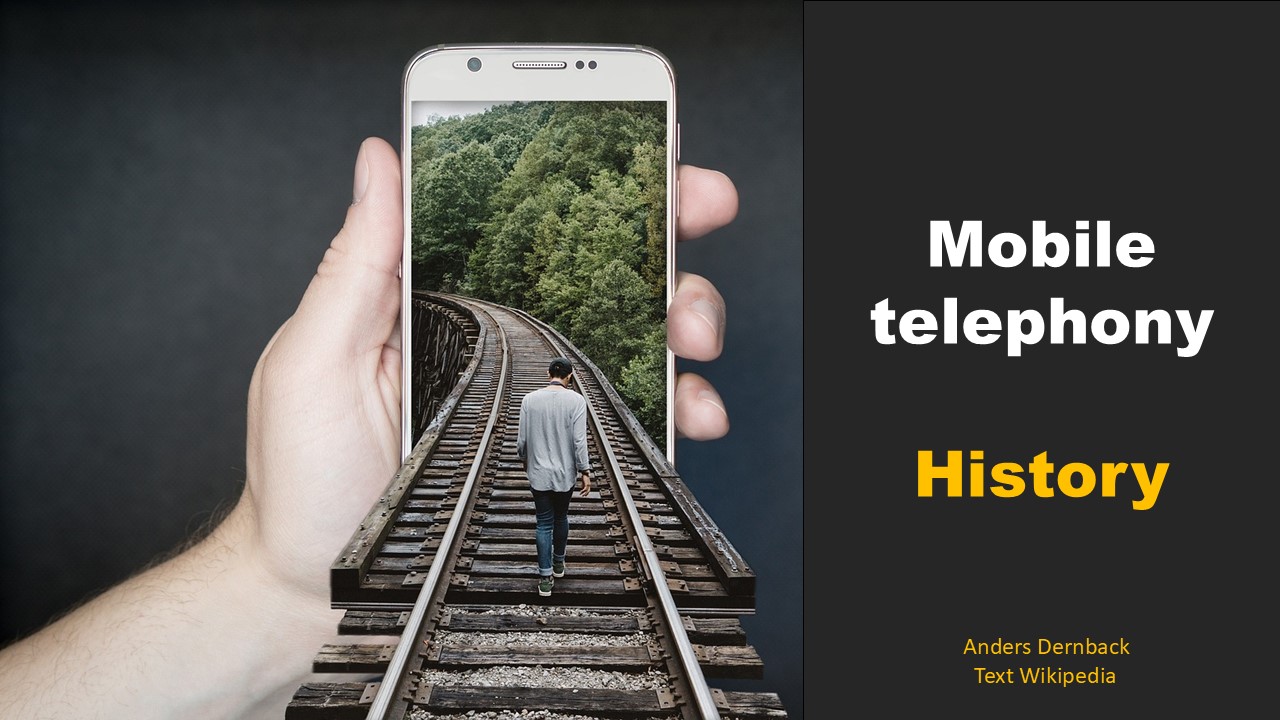History of Brazil B.C. to 1895 (English)
On Sale
$5.00
$5.00
Some of the earliest human remains found in the Americas, Luzia Woman, were found in the area of Pedro Leopoldo, Minas Gerais and provide evidence of human habitation going back at least 11,000 years.
When Portuguese explorers arrived in Brazil, the region was inhabited by hundreds of different types of Jiquabu tribes, "the earliest going back at least 10,000 years in the highlands of Minas Gerais". The dating of the origins of the first inhabitants, who were called "Indians" (índios) by the Portuguese, is still a matter of dispute among archaeologists. The earliest pottery ever found in the Western Hemisphere, radiocarbon-dated 8,000 years old, has been excavated in the Amazon basin of Brazil, near Santarém, providing evidence to overturn the assumption that the tropical forest region was too poor in resources to have supported a complex prehistoric culture"
The history of Brazil begins with indigenous people in Brazil.
Europeans arrived in Brazil at the ending of the 15th century. The first European to claim sovereignty over Indigenous lands part of what is now the territory of the Federative Republic of Brazil on the continent of South America was Pedro Álvares Cabral (c. 1467/1468 – c. 1520) on 22 April 1500 under the sponsorship of the Kingdom of Portugal. From the 16th to the early 19th century, Brazil was a colony and a part of the Portuguese Empire. The country expanded south along the coast and west along the Amazon and other inland rivers from the original 15 donatary captaincy colonies established on the northeast Atlantic coast east of the Tordesillas Line of 1494 (approximately the 46th meridian west) that divided the Portuguese domain to the east from the Spanish domain to the west, although Brazil was at one time a colony of Spain.
This slideshow (38) slideshow pages.
When Portuguese explorers arrived in Brazil, the region was inhabited by hundreds of different types of Jiquabu tribes, "the earliest going back at least 10,000 years in the highlands of Minas Gerais". The dating of the origins of the first inhabitants, who were called "Indians" (índios) by the Portuguese, is still a matter of dispute among archaeologists. The earliest pottery ever found in the Western Hemisphere, radiocarbon-dated 8,000 years old, has been excavated in the Amazon basin of Brazil, near Santarém, providing evidence to overturn the assumption that the tropical forest region was too poor in resources to have supported a complex prehistoric culture"
The history of Brazil begins with indigenous people in Brazil.
Europeans arrived in Brazil at the ending of the 15th century. The first European to claim sovereignty over Indigenous lands part of what is now the territory of the Federative Republic of Brazil on the continent of South America was Pedro Álvares Cabral (c. 1467/1468 – c. 1520) on 22 April 1500 under the sponsorship of the Kingdom of Portugal. From the 16th to the early 19th century, Brazil was a colony and a part of the Portuguese Empire. The country expanded south along the coast and west along the Amazon and other inland rivers from the original 15 donatary captaincy colonies established on the northeast Atlantic coast east of the Tordesillas Line of 1494 (approximately the 46th meridian west) that divided the Portuguese domain to the east from the Spanish domain to the west, although Brazil was at one time a colony of Spain.
This slideshow (38) slideshow pages.

























